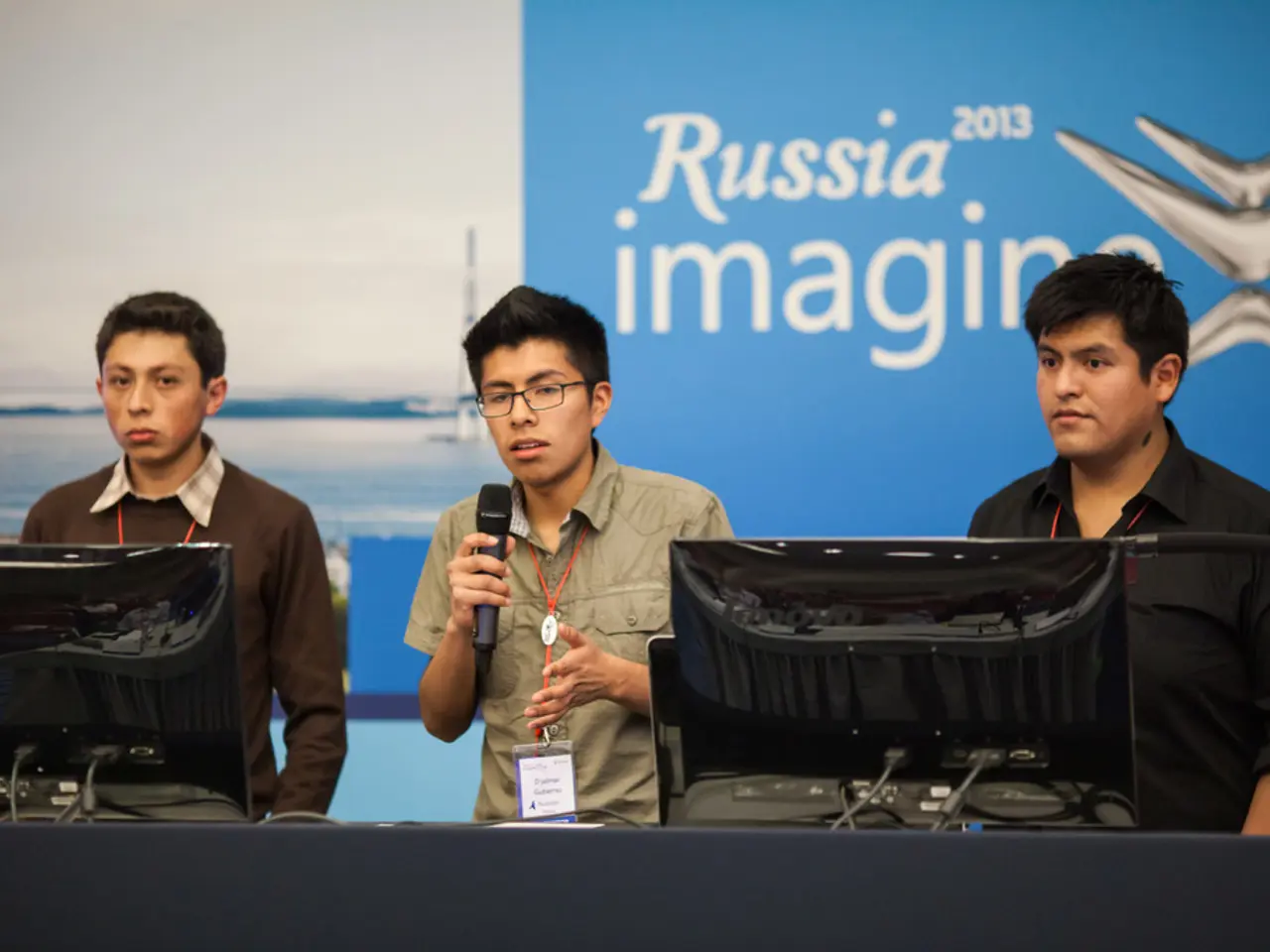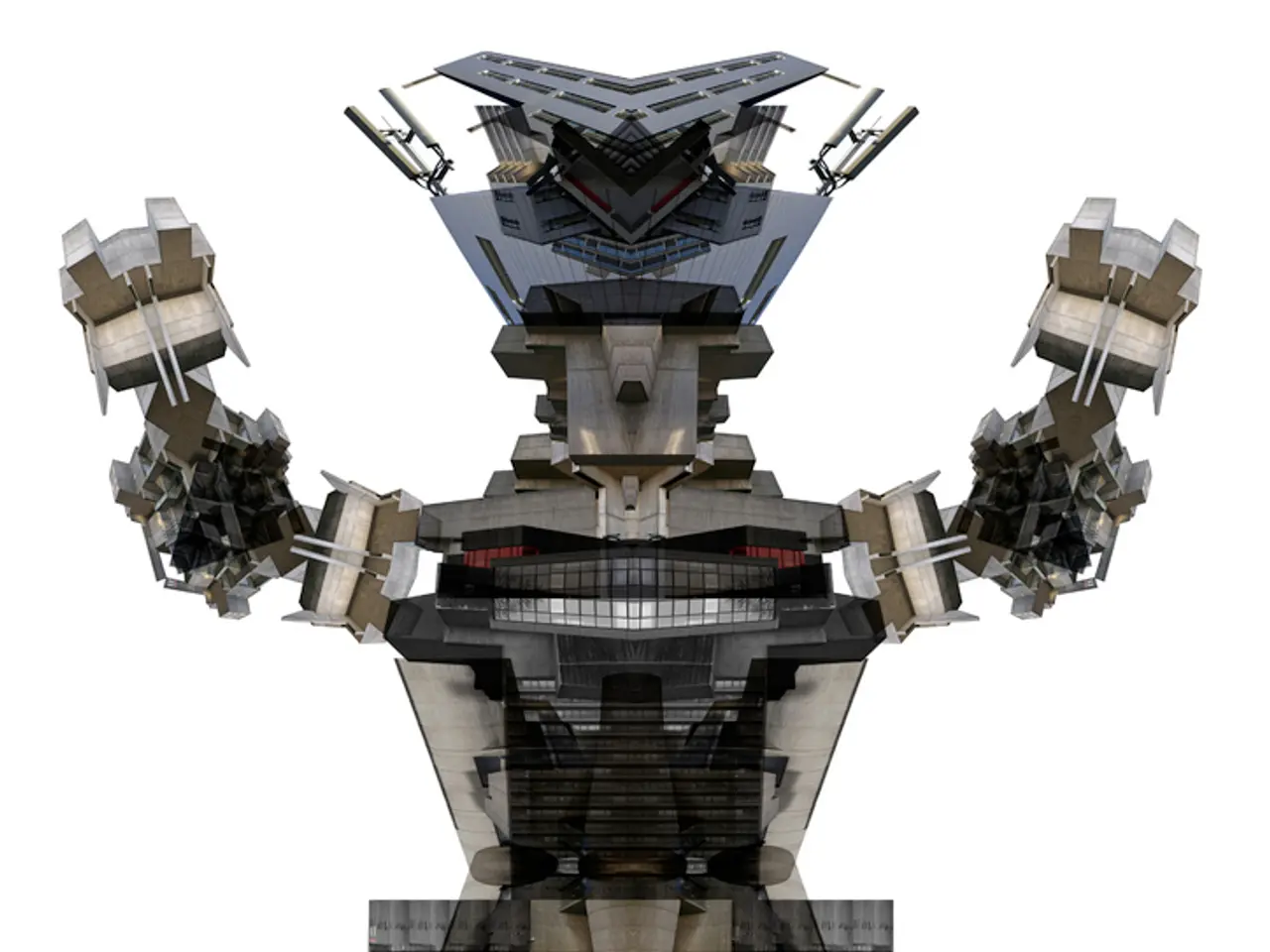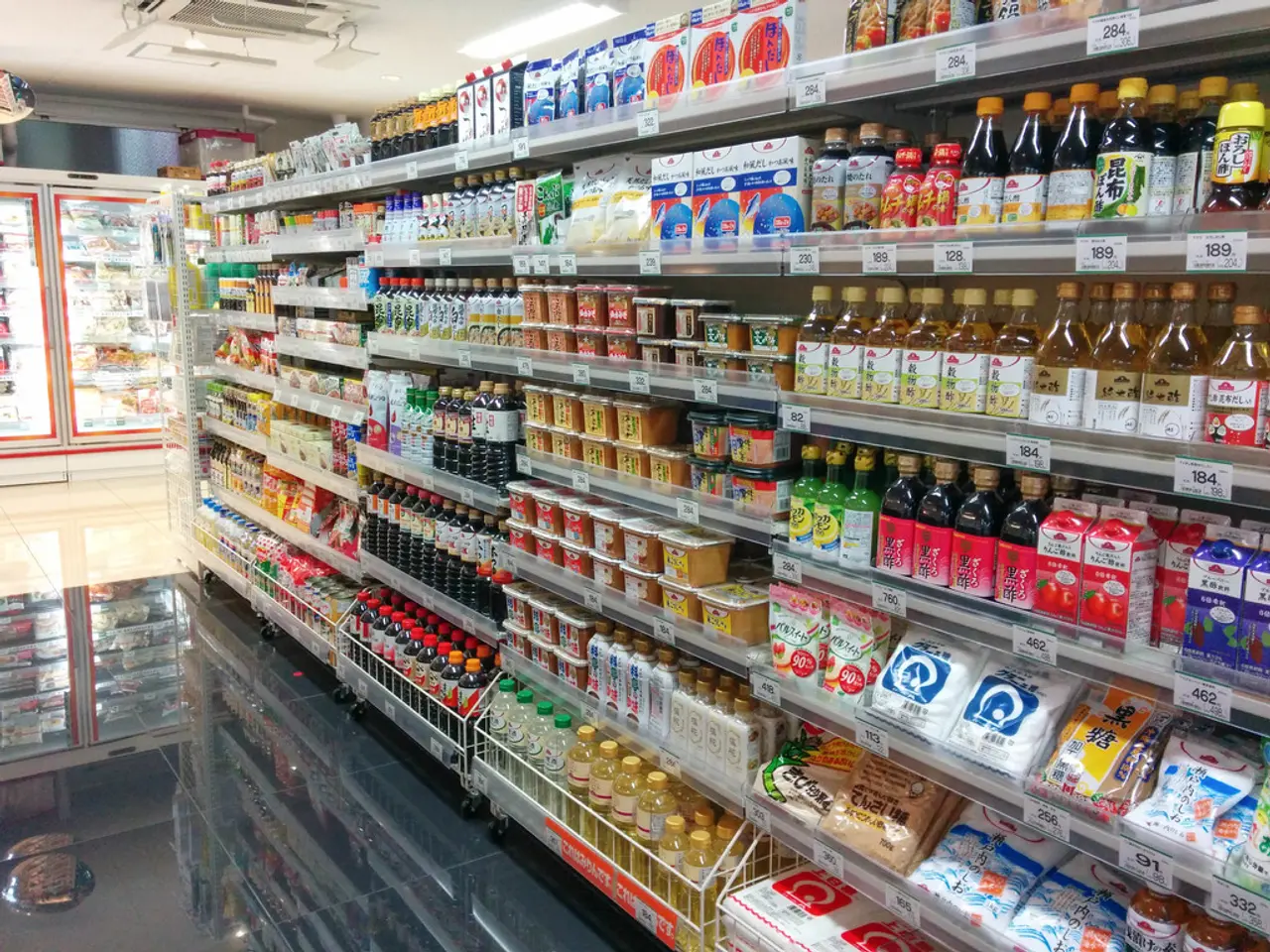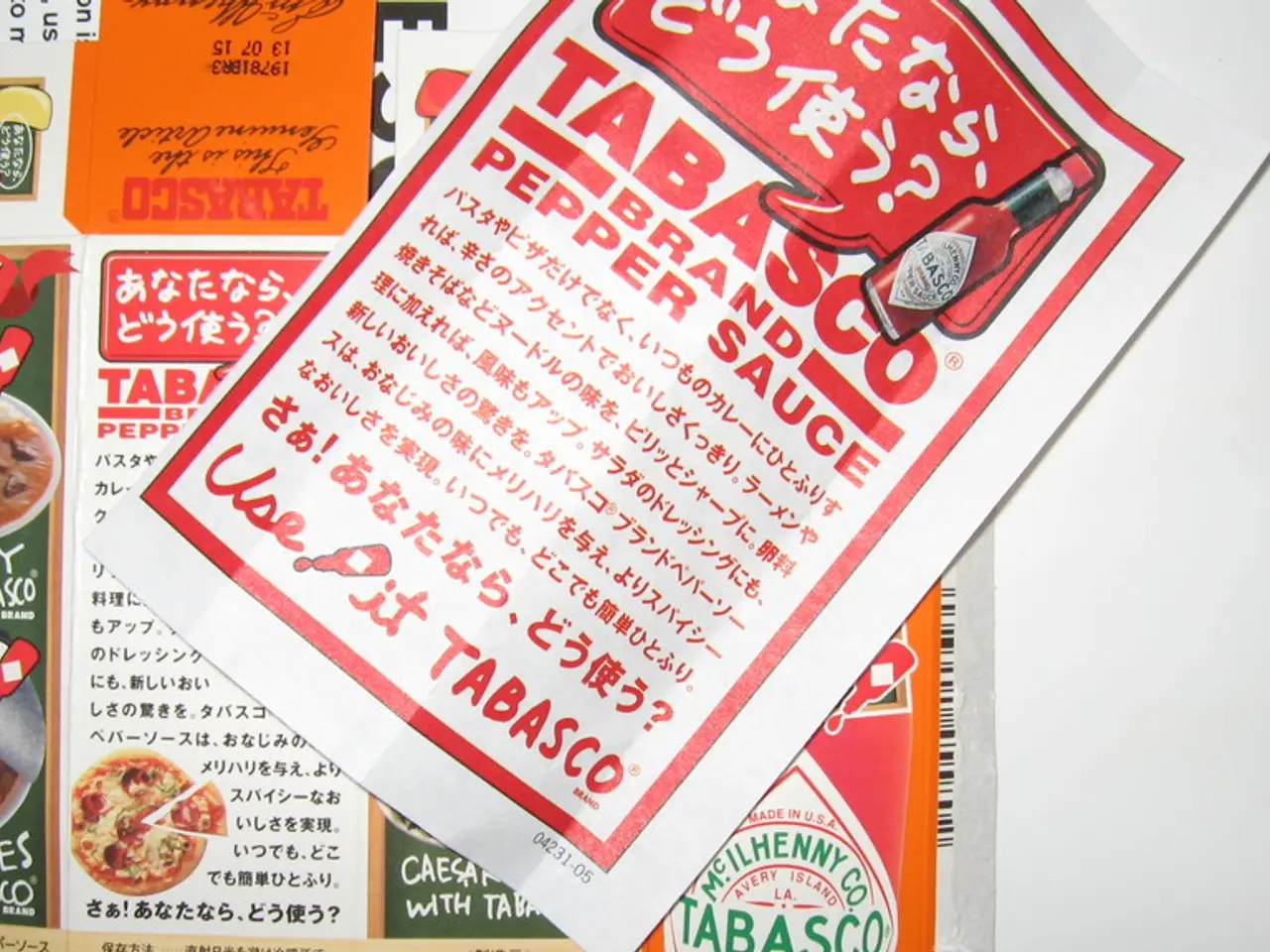Faltering Russian economy: Car sales plummet by 30%
=====================================================================
In a troubling turn of events for the Russian economy, both the real estate and automotive markets have experienced significant declines in 2025.
The Russian real estate market has faced a deep downturn, primarily due to the end of a key state mortgage subsidy program in July 2024. This move removed affordable financing options, causing mortgage rates to surge above 25%, dramatically increasing borrowing costs and sharply reducing buyer demand.
Key factors contributing to the downturn include:
- Mortgage subsidy termination: The flagship government mortgage subsidy ended in mid-2024, causing a 66% drop in mortgage issuance in June 2025 compared to the previous year.
- High borrowing costs: With market mortgage rates exceeding 25%, many potential buyers could no longer afford new homes, leading to a 26% year-on-year fall in sales of new residential developments in the first half of 2025.
- Oversupply and unsold inventory: Despite collapsing demand, developers continued launching new projects, contributing to a massive oversupply. The gap between new housing projects and actual sales reached a record 319,000 unsold units by mid-2025, exacerbating market imbalances.
- Regional disparities: Areas like Krasnodar saw a 46% drop in new home sales, while declines were less severe in Moscow and St. Petersburg (about 14% decline), reflecting uneven market impacts across regions.
- Economic slowdown: Broader economic contraction in early 2025, including slowing activity in real estate, mining, and trade sectors, also pressured the housing market, coinciding with increased inflation control efforts by the Bank of Russia.
Despite declining demand and sales, housing prices showed some resilience, with prices in rubles rising between 6-9% nationally and over 12% in Moscow, possibly due to inflation and regional market dynamics.
In the automotive sector, 140,161 new cars were sold in Russia in June 2025, a 29.7% decrease compared to the same period last year. The decline was less severe than in previous months, with a 37.6% drop in May, 41% in April, and 42.5% in March. However, the head of the Russian Association of Automobile Dealers, Alexei Podshchekoldin, stated that the automotive market has become unprofitable for both dealers and manufacturers under the current economic conditions.
The decrease in share participation agreements indicates continued stagnation in the construction sector. The number of new share participation agreements decreased by 27% over the last six months. The total area of sold real estate objects decreased by 37.2% to 21.9 million square meters.
In summary, the deep downturn is driven by the removal of affordable mortgage financing, soaring interest rates, a glut of unsold housing, regional sales disparities, and an overall weakening economy in Russia during 2025. Both the real estate and automotive markets are struggling to adapt to these challenging conditions.
- The decline in the automotive market, mirroring the real estate sector's struggles, can be attributed to the high-interest rates in the finance industry, as it has become financially unviable for both dealers and manufacturers under the current economic conditions.
- The ongoing stagnation in the construction sector is further demonstrated by the reduction in share participation agreements in the finance industry, with a 27% decrease over the last six months, and a concurrent decrease in the total area of sold real estate objects by 37.2%.




